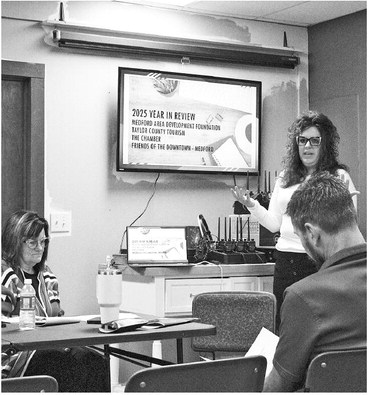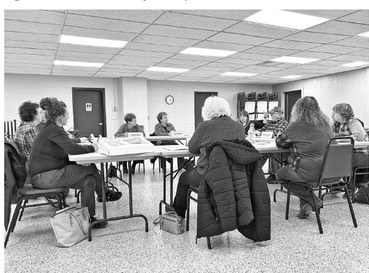School leaders share budget concerns with Sen. Tomczyk


State Sen. Cory Tomczyk came to Medford on Friday afternoon to hear what area residents had to say about budget priorities. The listening session was held at the Frances L. Simek ...




